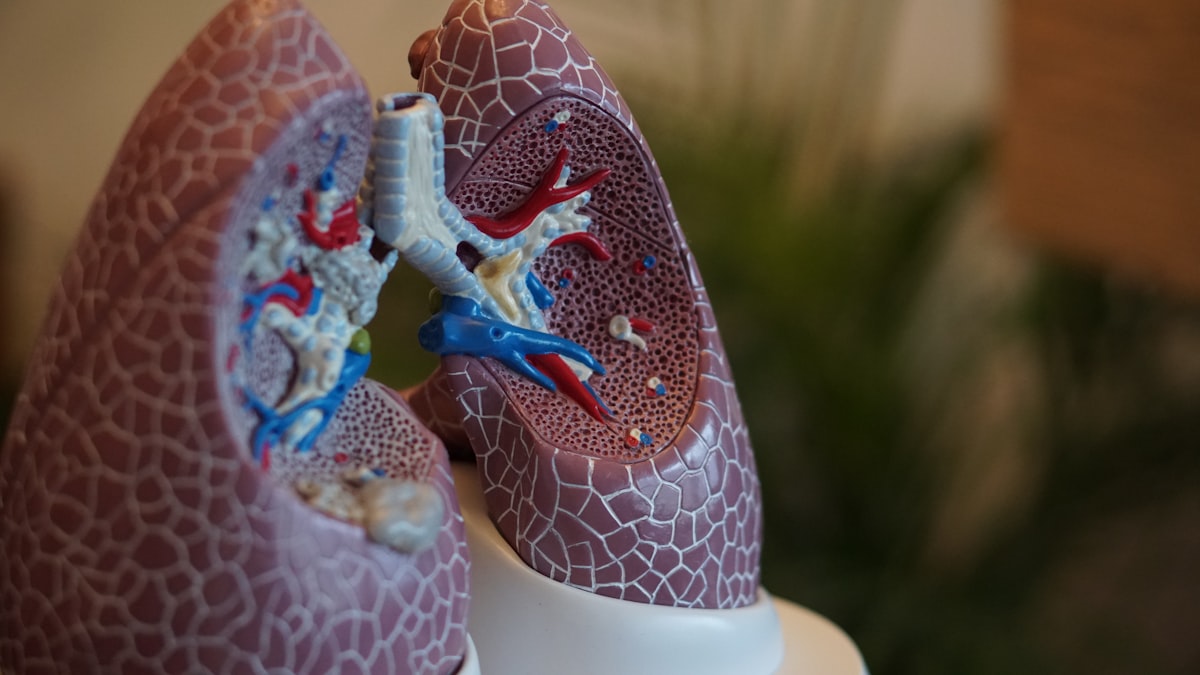
Lung cancer is one of the most common and deadly forms of cancer worldwide. According to the American Cancer Society, lung cancer is the leading cause of cancer-related deaths in both men and women. One of the reasons for the high mortality rate is that lung cancer is often diagnosed at an advanced stage when it is more difficult to treat.
Recognizing the early signs of lung cancer is crucial for early detection and treatment. Understanding the symptoms and knowing when to seek medical attention can greatly improve the chances of successful treatment. In this article, we will discuss the early signs and symptoms of lung cancer that you should look out for.
1. Persistent Cough
A persistent cough that lingers for more than a few weeks can be a sign of lung cancer. This is especially true if the cough is accompanied by blood or rust-colored sputum. If you notice any blood in your sputum or experience a persistent cough, it is important to see a doctor for further evaluation.
2. Shortness of Breath
Shortness of breath or wheezing that doesn’t improve with time or treatment can also be a warning sign of lung cancer. Lung cancer can cause a blockage in the airways, making it difficult to breathe. If you find yourself becoming increasingly short of breath, it is important to seek medical attention.
3. Chest Pain
Chest pain that is constant and doesn’t improve with medication, coughing, or breathing can be a symptom of lung cancer. The pain may be dull and persistent or sharp and stabbing. It is important not to ignore chest pain and to consult a healthcare professional if you are experiencing any unexplained discomfort in your chest.
4. Unexplained Weight Loss
Unexplained weight loss can be a symptom of various health conditions, including lung cancer. If you are losing weight without trying, it could be a sign that your body is not functioning properly. If you have lost more than 10 pounds without changing your diet or exercise routine, it is important to consult a doctor.
5. Fatigue and Weakness
Persistent fatigue and weakness can also be early signs of lung cancer. If you are feeling tired and weak most of the time, it is important to rule out any underlying health issues, including lung cancer.
6. Hoarseness
Hoarseness or a change in your voice that doesn’t improve over time can be a sign of lung cancer. The cancer may be pressing on the recurrent laryngeal nerve, which controls the vocal cords, causing hoarseness.
7. Respiratory Infections
Frequent respiratory infections or bronchitis that do not go away or recur frequently can be a sign of an underlying health issue, including lung cancer. If you find yourself experiencing recurrent respiratory infections, it is important to seek medical attention.
8. Bone Pain
Lung cancer that has spread to the bones can cause bone pain, especially in the back, hips, or ribs. If you are experiencing unexplained bone pain, it is important to consult a doctor for further evaluation.
9. Headaches
Lung cancer that has spread to the brain can cause headaches that are often worse in the morning and improve as the day goes on. If you are experiencing persistent headaches, it is important to seek medical attention to rule out any underlying health issues.
10. Clubbing of the Fingers
Clubbing of the fingers occurs when the tips of the fingers become enlarged and the nails curve around the fingertips. This can be a sign of lung cancer, as well as other underlying health conditions. If you notice clubbing of your fingers, it is important to consult a doctor for further evaluation.
It is important to note that the presence of these symptoms does not necessarily mean that you have lung cancer. Many of these symptoms can be caused by other health issues. However, if you are experiencing any of these symptoms, it is important to seek medical attention for proper evaluation and diagnosis.
In conclusion, recognizing the early signs of lung cancer is crucial for early detection and treatment. If you are experiencing any of the symptoms mentioned in this article, it is important to consult a healthcare professional for further evaluation. Early detection and treatment can greatly improve the chances of successful treatment and better outcomes for individuals with lung cancer. Don’t ignore the signs, and seek medical attention if you have any concerns about your health.

















